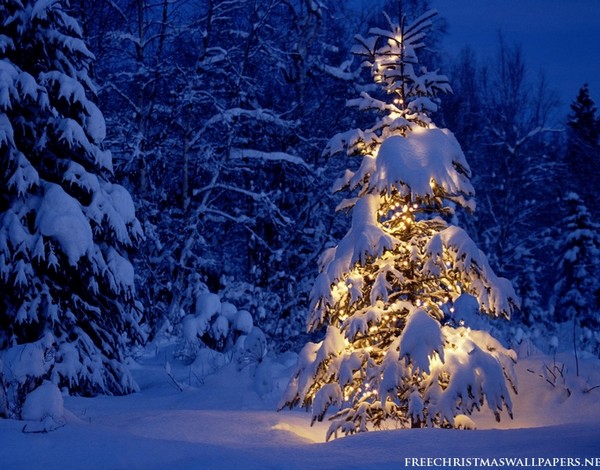By Vivek Singh Chauhan
NEW DELHI– While you get busy with Christmas festivities this year – decorating your home with X’mas tree and preparing for the Santa’s arrival – do you know that there is a country where people decorate Christmas trees with spider webs? It may sound weird but in Ukraine, people decorate Christmas trees with spider webs. As the adage goes, a magic spider once visited a poor family at Christmas and turned the webs in their home into gold and silver.

There are several such interesting and fascinating facts about Christmas that remain aloof from us.
For example, in Armenia, Christmas is celebrated on January 6 rather than December 25.
The people of Oslo in Norway celebrate Christmas by donating a “Trafalgar Square tree” to the people of Britain in gratitude for its assistance during World War II.
The tree is prominently displayed in Trafalgar Square from the beginning of December till January 6.
Mexico celebrates the festival from December 12 to January 6. As part of tradition, children perform the “Posada” procession, which means “Inn” or “Lodging” in Spanish. Mexico is also known for its unique “Radish Night” which takes place on December 23.
The story behind celebrating “Radish Night” is that once a monk suggested the farmers carve radishes into imaginative shapes and designs as a means to tempt people to buy them.
Since then, the tradition of displaying carved radishes originated in the Christmas market. The grand prize for best radish carving competition is 13,000 pesos ($1,300).
As part of the tradition in Germany, Austria and some parts of Switzerland, Santa Claus is accompanied by a scary devil-like character as a warning to children against behaving badly.
The people of Caracas in Venezuela seem to be quite adventurous during Christmas. They roller skate through the entire city, where the roads are closed in the morning to allow this unusual activity take place.
At night, children tie one end of a string to their big toe and hang the other end out of the window — allowing the roller skaters a friendly tug as they pass by in the morning.
Serbs follow the Julian calendar. Thus, they celebrate Christmas on January 7 and New Year on January 13.















